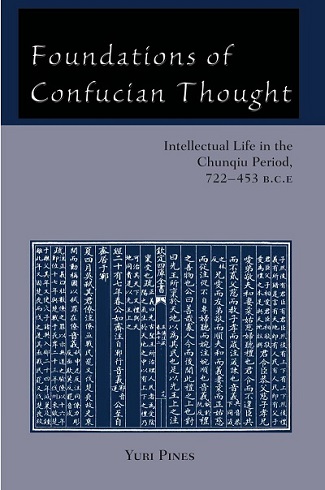The Daxue and Zhongyong
When reading Serious Literature for Grown-Ups, we may often feel like the Ethiopian courtier reading Isaiah, “How can I understand, if there is none to instruct me?” This can be difficult for some to admit, given the modern preference among many for coming to one’s own conclusions on things, but if we’re to grow in wisdom we need the intellectual humility to recognise that we do not and cannot know everything, especially on an early reading of a difficult text.
